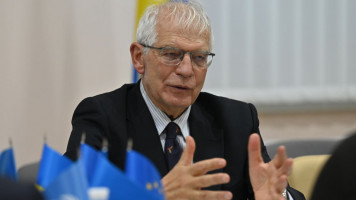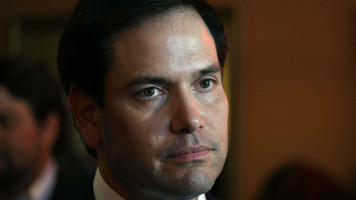'Brotherhood-linked' publishing houses shut down by Egypt authorities
'Brotherhood-linked' publishing houses shut down by Egypt authorities
Alleged links with the banned Muslim Brotherhood cited in closures of five publishers, as a wave of newspaper censorship spreads over the country.
2 min read
The committee has frozen funds and taken control of reportedly Brotherhood-linked organisations [Getty]
An Egyptian government committee tasked with managing Muslim Brotherhood funds has this week shut down five publishing houses allegedly affiliated with the now-banned organisation.
The state-appointed committee tasked with seizing assets linked to the Brotherhood released a statement that it had seized five publishing houses allegedly owned by Muslim Brotherhood leaders, including former information minister Salah Abd al-Maqsoud, who held the post under ousted Islamist president Mohammad Morsi.
"All the branches of the publishing houses across the country have been taken over by the Ministry of Culture and are operating normally," said the committee's secretary-general, Mohammad Abu al-Futouh, in a statement.
Since the committee was set up in 2013, it has frozen the funds and taken control of more than 1,000 NGOs and nearly 100 schools allegedly affiliated with the blacklisted Brotherhood. It has also seized the assets of more than 700 of the groups' leaders.
Last week, press freedom NGOs slammed the Egyptian government after authorities prevented three privately owned newspapers from going to print or circulation because of content critical of the government.
Egypt's current president and its former army chief, Abdel Fattah al-Sisi ousted Morsi in July 2013 and launched a deadly crackdown against the deposed president's supporters and secular activists alike.
Sisi's government listed the Brotherhood as a terrorist organisation in December 2013 and insists it is behind a series of attacks targeting police and the military, particularly on the Sinai Peninsula.
The state-appointed committee tasked with seizing assets linked to the Brotherhood released a statement that it had seized five publishing houses allegedly owned by Muslim Brotherhood leaders, including former information minister Salah Abd al-Maqsoud, who held the post under ousted Islamist president Mohammad Morsi.
"All the branches of the publishing houses across the country have been taken over by the Ministry of Culture and are operating normally," said the committee's secretary-general, Mohammad Abu al-Futouh, in a statement.
Since the committee was set up in 2013, it has frozen the funds and taken control of more than 1,000 NGOs and nearly 100 schools allegedly affiliated with the blacklisted Brotherhood. It has also seized the assets of more than 700 of the groups' leaders.
Last week, press freedom NGOs slammed the Egyptian government after authorities prevented three privately owned newspapers from going to print or circulation because of content critical of the government.
Egypt's current president and its former army chief, Abdel Fattah al-Sisi ousted Morsi in July 2013 and launched a deadly crackdown against the deposed president's supporters and secular activists alike.
Sisi's government listed the Brotherhood as a terrorist organisation in December 2013 and insists it is behind a series of attacks targeting police and the military, particularly on the Sinai Peninsula.

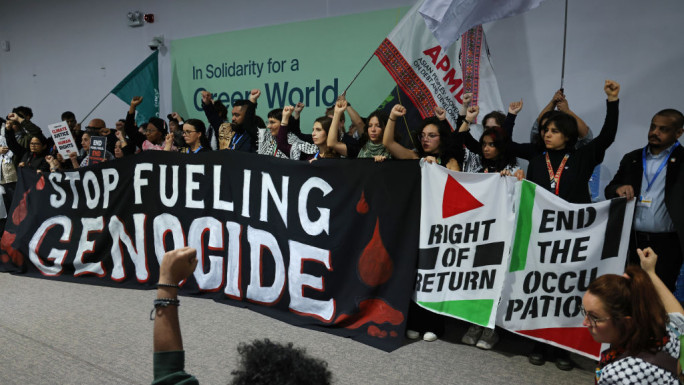
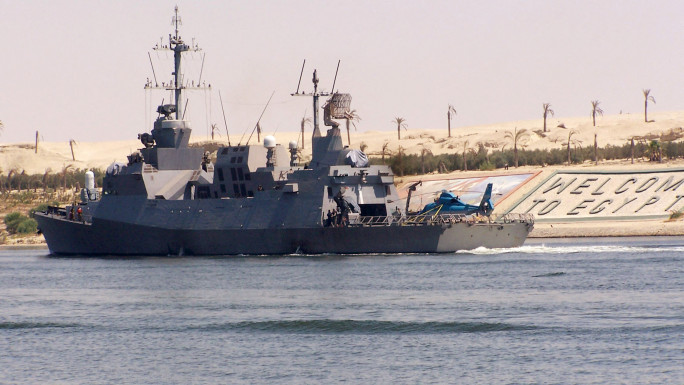
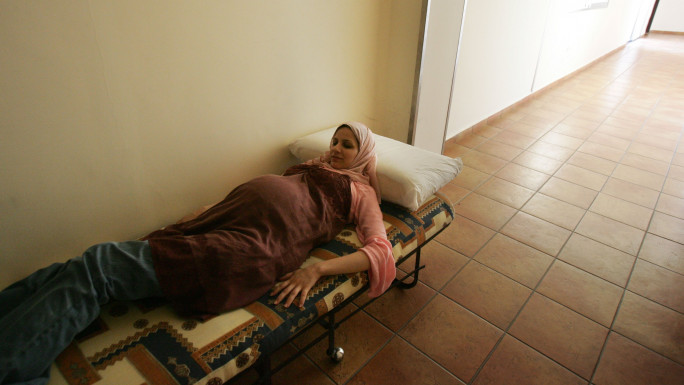
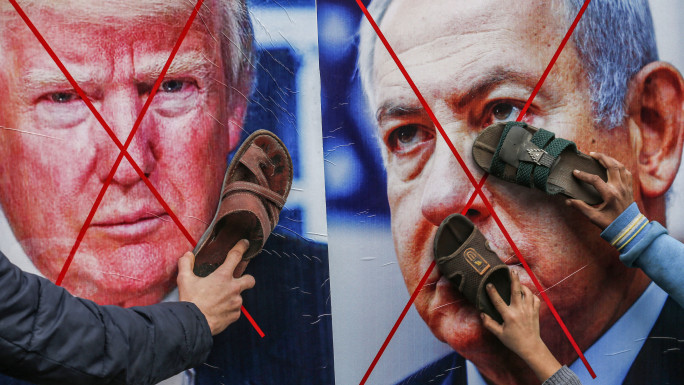
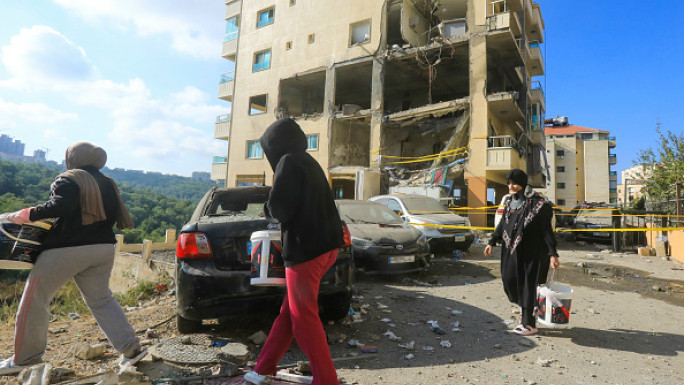
 Follow the Middle East's top stories in English at The New Arab on Google News
Follow the Middle East's top stories in English at The New Arab on Google News

